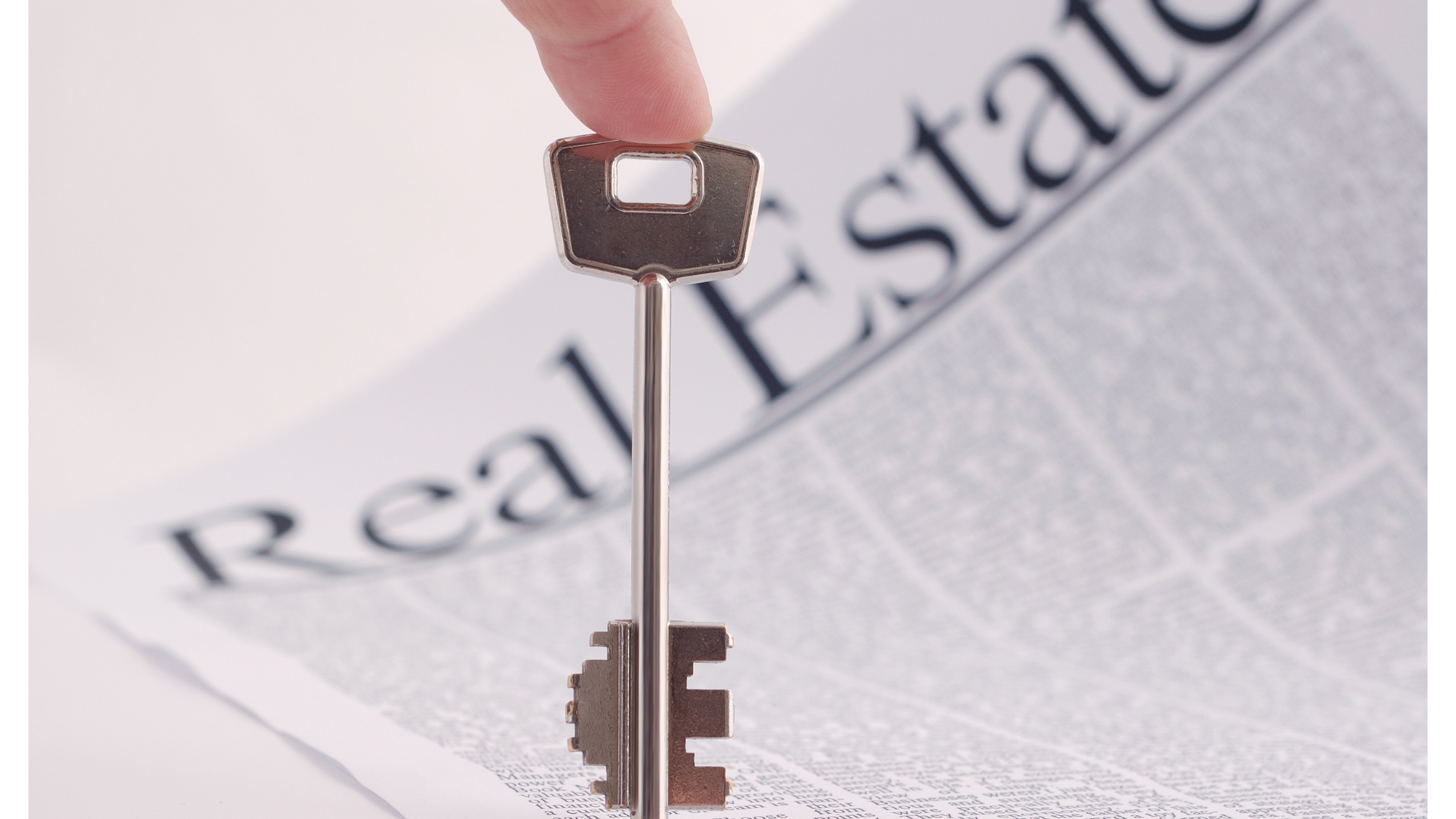The housing market has been on fire for a long time. That means there have been a lot of transactions and a lot of big money in the market. What is starting to happen now though is that problems are arising after the sale. Here is what I am seeing.
The age old problem of failing to disclose material facts is still prominent. Sellers have the affirmative duty to disclose facts that adversely affect the daily living. Sellers must also disclose certain historical problems with the house. But, if there is a pipeline going in through Lino Lakes, it is nearly certain a homeowner in Hugo does not need to disclose that. The pipeline may be undesirable, but it does not affect the use and enjoyment of the home.
Another common problem arising is unpaid delinquent taxes. Counties are imperfect at publishing tax data. Sellers are in the best position to know what is owed. If a seller does not accurately report what is owed for taxes, they are committing a potential fraud by signing a closing statement that does not accurately reflect the financial information related to the transaction.
Other, similar problems are arising. Whether you should arbitrate or litigate the problems is something to discuss with a lawyer. Even if arbitration was not agreed to, it can be agreed to between the parties after the fact. Assessing the merits of your claim, the damages you may be entitled to, and what forum to address your dispute in are all issues I have experience in and can help you with.

